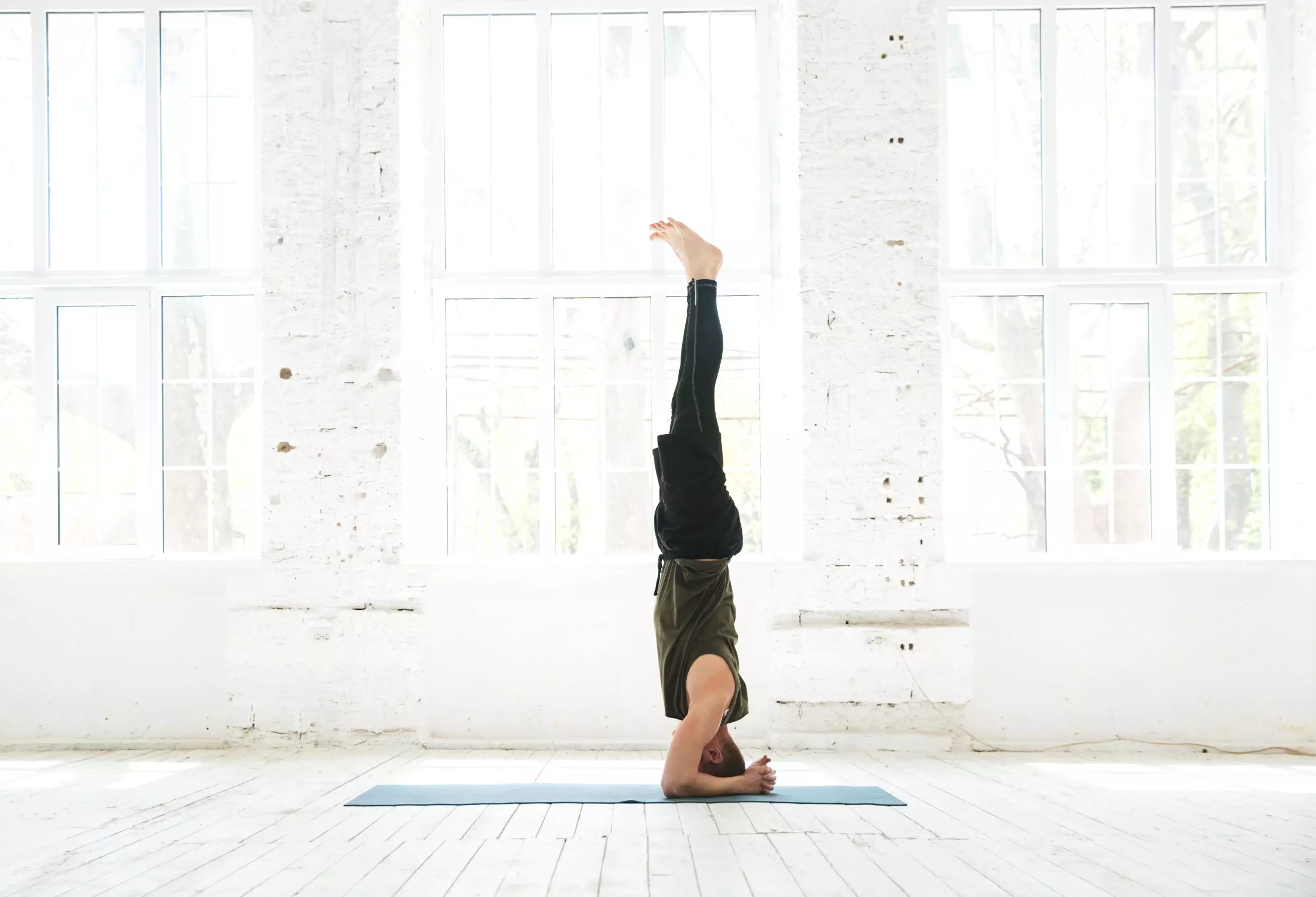The benefits of living a balanced life are numerous. We offer a free 10-part course designed to help you live your best life. In this course, we will explore the many ways in which anxiety can affect our health and wellbeing, as well as how living a balanced lifestyle can help us overcome these challenges.
Anxiety is a common mental health issue that affects millions of people around the world. It can manifest in various forms, including chronic worry, fear, and panic attacks. Left untreated, anxiety can lead to physical symptoms such as headaches, stomach problems, and insomnia. However, there are effective strategies for managing anxiety through a holistic approach to health and wellness.
In this course, we will cover topics ranging from creating a balanced routine to understanding the role of nutrition in mental health. We will also debunk common myths about anxiety and provide tips for managing stress through exercise. Additionally, we will discuss mindfulness techniques for overcoming anxiety and building a support system for long-term success.
By the end of this course, you will have the tools you need to take control of your mental health and achieve Balance in all areas of your life. So let’s get started!
Part One: Introduction to Overcoming Anxiety Through Balanced Living
Welcome to Part One of Overcoming Anxiety Through Balanced Living. In this part, we will introduce the concept of balanced living and its importance in managing anxiety. We will also explain what anxiety is and how it affects our health. By the end of this part, you will have a better understanding of why living a balanced lifestyle is essential for managing anxiety.
What Is Anxiety?
Anxiety is a feeling of worry or unease that can be mild or severe. It is a natural response to stress, but when it becomes excessive or persistent, it can interfere with daily activities and cause significant distress. There are several types of anxiety disorders, including generalized anxiety disorder (GAD), social anxiety disorder, and post-traumatic stress disorder (PTSD). Symptoms of anxiety may include sweating, trembling, rapid heartbeat, shortness of breath, and feelings of dread or impending doom.
How Does Anxiety Affect Your Health?
Anxiety can have a profound impact on both physical and mental health. Chronic anxiety has been linked to increased risk of cardiovascular disease, gastrointestinal issues, and other medical conditions. It can also contribute to substance abuse, depression, and suicidal thoughts. Moreover, anxiety can negatively affect personal relationships, work performance, and overall quality of life.
The Benefits of Living a Balanced Lifestyle
Living a balanced lifestyle involves maintaining equilibrium in all aspects of life, including physical activity, diet, rest, and relaxation. A balanced lifestyle can offer numerous benefits for managing anxiety, including reduced stress levels, improved sleep quality, enhanced immune function, and greater emotional stability. Furthermore, a balanced lifestyle can increase energy levels, improve cognitive function, and promote longevity.
Creating a Balanced Routine for Optimal Health
A key component of achieving balance in life is establishing a consistent routine that promotes physical and mental wellbeing. Creating a balanced routine involves setting priorities, making time for self-care, and avoiding overcommitment. Some tips for creating a balanced routine include getting enough sleep, eating a healthy diet, engaging in regular exercise, practicing mindfulness, and limiting screen time.
Common Myths About Anxiety and Why They Are False
There are many misconceptions about anxiety that can prevent individuals from seeking treatment or receiving adequate support. Common myths about anxiety include the belief that it is a sign of weakness, that it cannot be treated effectively, or that it is solely caused by external factors. These myths are false, and it is crucial to dispel them so that those who struggle with anxiety can seek appropriate care.

Tips for Managing Stress and Reducing Anxiety Through Exercise
Exercise is an excellent way to manage stress and reduce anxiety. Regular physical activity releases endorphins, improves circulation, and reduces muscle tension. Tips for managing stress and reducing anxiety through exercise include choosing activities that you enjoy, starting slowly and gradually increasing intensity, incorporating stretching and flexibility exercises, and using deep breathing techniques during exercise.
Understanding the Role of Nutrition in Mental Health

Nutrition plays a critical role in mental health, as certain foods can exacerbate or alleviate symptoms of anxiety. Consuming a balanced diet rich in whole grains, fruits, vegetables, lean protein, and healthy fats can help stabilize blood sugar levels, enhance neurotransmitter production, and reduce inflammation. On the other hand, consuming processed foods, caffeine, alcohol, and sugary drinks can worsen anxiety symptoms.
Mindfulness Techniques for Overcoming Anxiety
Mindfulness is a practice that involves being present in the moment without judgment. Mindfulness techniques for overcoming anxiety include deep breathing exercises, progressive muscle relaxation, visualization, and meditation. These practices can help reduce stress levels, improve focus, and foster greater awareness of bodily sensations.
Building a Support System for Long-Term Success
Overcoming anxiety requires a strong support system consisting of family, friends, colleagues, and mental health professionals. Building a support system involves reaching out for help, communicating openly about struggles, and participating in therapy or counseling if necessary. Having a solid support network can provide encouragement, accountability, and resources for navigating difficult times.
Conclusion: Your Journey Towards a Balanced, Anxiety-Free Life
Overcoming anxiety through balanced living is a journey that requires commitment, effort, and patience. However, the rewards of living a balanced lifestyle are immense, and they extend far beyond just managing anxiety. By following the principles laid out in this course, you can take control of your mental health and achieve greater peace, happiness, and fulfillment in all areas of your life.









